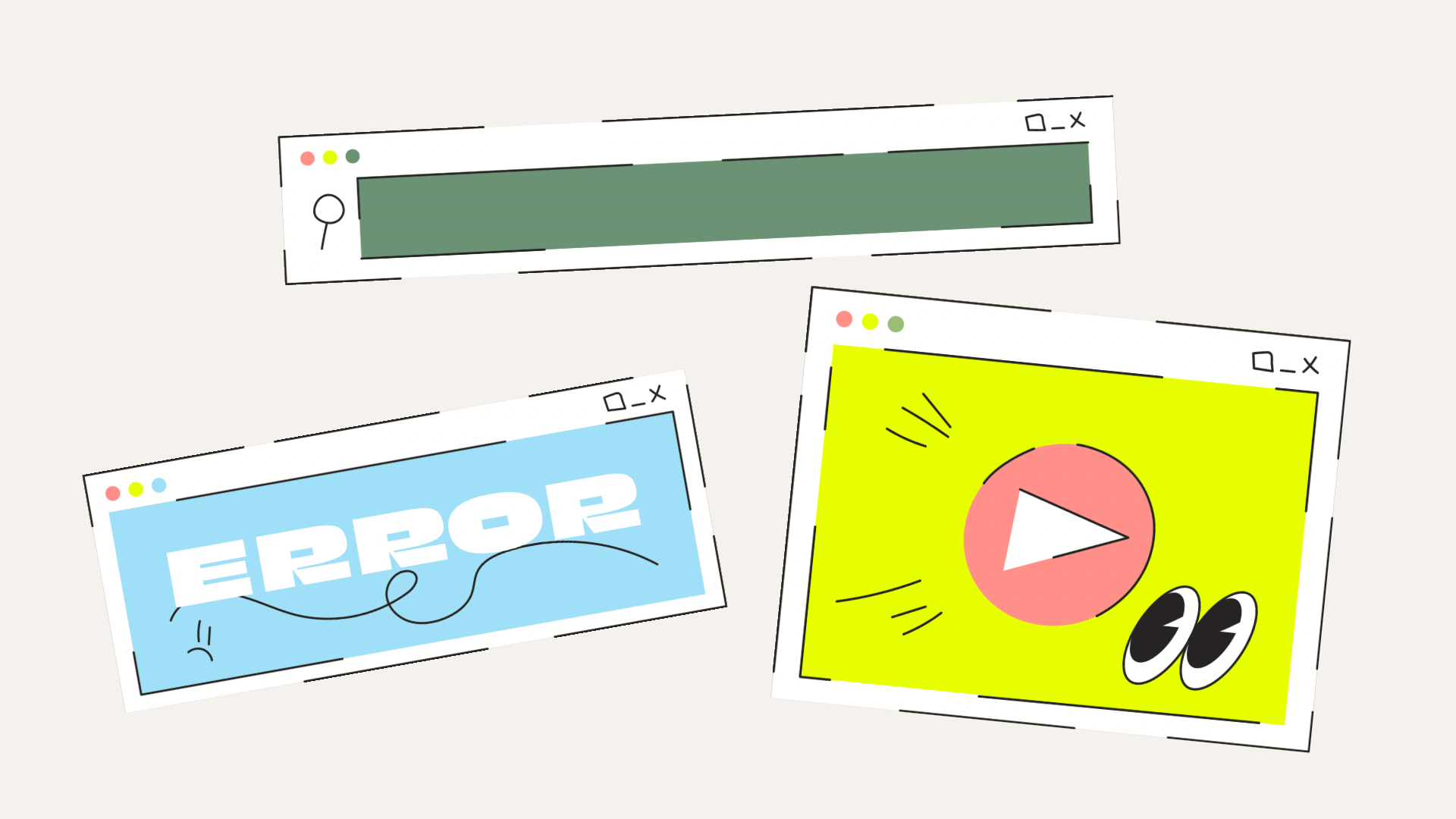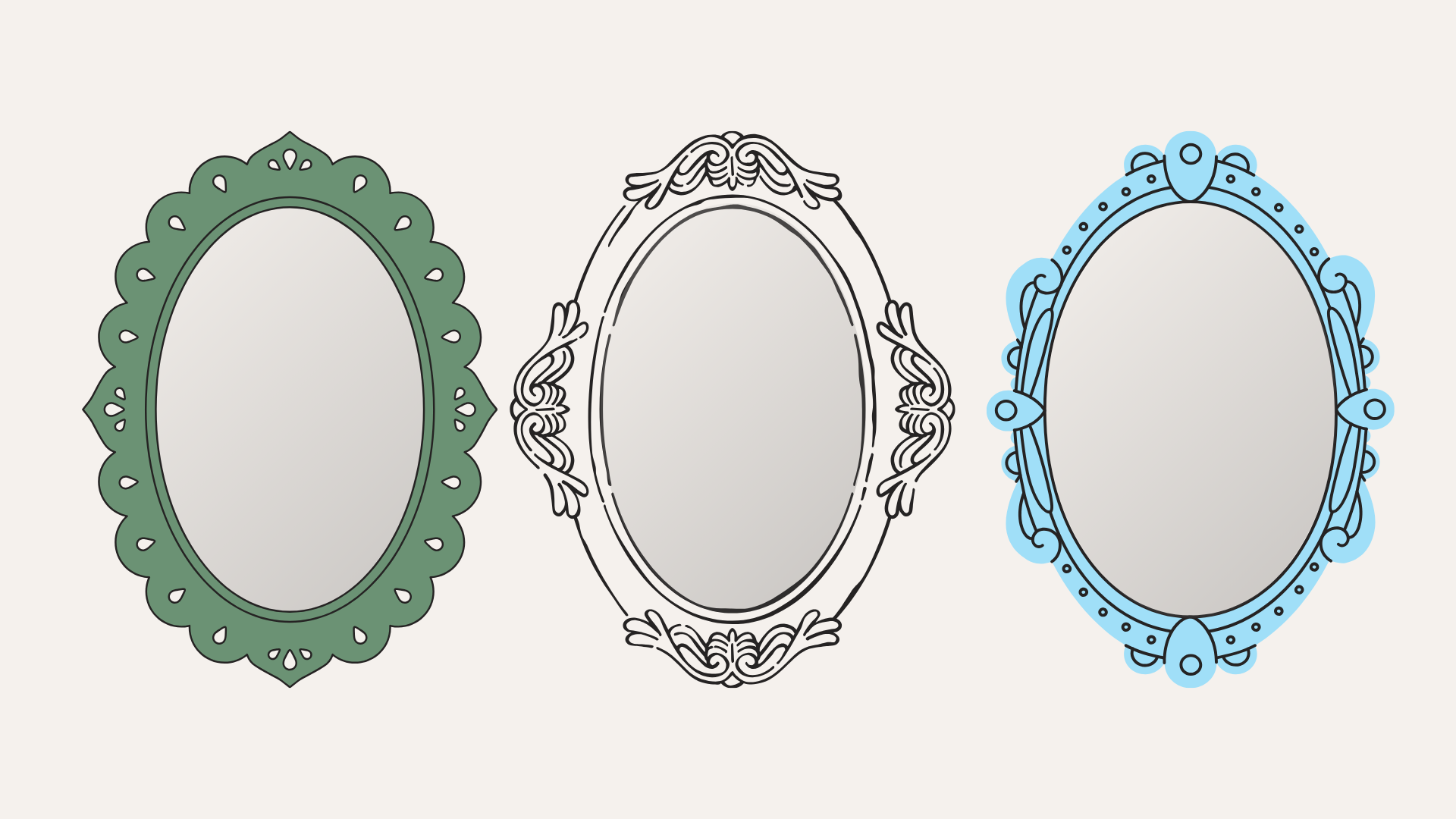We Can’t Quit Turning Leisure Into More Work
Alone in my office on Monday morning, I sat staring at my computer agape, convinced The New York Times was trolling me.
“Hobbies Too Relaxing? Try ‘Leisure Crafting’” read the headline. I read on. It didn’t get better.
What is “leisure crafting?”
Well, it’s a strategy for recharging during off-hours that involves goal-setting, activity tracking, learning, and personal development. It’s bringing a growth mindset to leisure time.
I suppose someone might argue that my own “leisure” time displays many of the attributes of leisure crafting. I like to see my improvement in running and lifting. I enjoy challenging myself with baking projects. I read books and listen to podcasts that introduce me to new ideas. Do I approach these activities with a growth mindset? Sure, that sounds right.
But I think there’s a qualitative difference between stumbling on the joy of growth or increased competence and intentionally applying it as a strategy of maximization or optimization. In an article for HBR, five researchers who’ve studied the subject gave this example of leisure crafting in action:
...consider a fantasy football enthusiast who instead of doing the bare minimum to stay involved, decides to enroll in a negotiation workshop to improve their trade strategies while also learning predictive modeling techniques to optimize their lineup decisions.
I like the idea of taking a class or researching methods to deepen your enjoyment of an activity. Lord knows I’ve done this. What I don’t like about this framing is how that idea is contrasted with “doing the bare minimum.” In another example, this one for the cinephile, the researchers suggest watching and reviewing one film per week from a list of all-time greatest movies. This is contrasted with “mindlessly watching whatever they happen upon on a streaming service.”
The researchers offer the perfunctory caveats about ultimately enjoying leisure time and balancing intentional hobbies with more passive relaxation, but their word choice reveals a contempt for those who, by choice or (more often) by necessity, see fit to unplug from projects or goals in their off-hours. Describing the “less strategic” approach to leisure with such morally-coded language belies the underlying assumption that achievement is a virtue one can never overdo. It separates the virtuous achievers from the degenerate, stagnant masses.
No advice or “research findings” of this kind can be divorced from the material conditions that spur us to overwork and undervalue our labor. Nor can it be separated from political forces trying to put everyone back in their place in the Traditional Social Order. Instead, this suggestion to approach leisure time with a growth mindset and the potential for personal development must be seen as a part of “a cycle where the self is not improved but endlessly belabored,” as theorist Micki McGee put it. We become “overworked both as the subject and as the object of [our] own efforts at self-improvement.”
I tend to have Big Feelings about what might rightly be thought of as inconsequential headlines like the one emblazoning the Times article. You might, again rightly, wonder if a small corner of organizational psychology and management research focusing on a ludicrous term like “leisure crafting” has bearing on your life. From my vantage point, these stories matter because they help form and reinforce a narrative that we use against ourselves and others. They help form a collective imaginary in which there is always something more we could be doing with our time and attention. In aggregate, they create the moral paradigm that results in claims like, “Ugh, I’m so lazy!” and, “They don’t deserve healthcare.” This is the same narrative that causes researchers to pose a rhetorical question like, “Is there a better way to recharge?” rather than ask why work is so depleting—and how it might be less so.
There’s research on that, too. When people have higher levels of autonomy and more resources to work with, they experience lower stress on the job. You can still work hard, tackle challenging and complex projects, and even put in long hours without draining yourself dry if the structures you work within are arranged so that your capacity can meet your responsibilities. So, perhaps, a more trusting, generous, and less squeezed work environment would create conditions we don’t need to be so hardcore about recovering from. That’s sarcasm—of course it would.
If I step back from the various critiques I’d like to impose on this idea of leisure crafting, I can more charitably say that what the researchers present as leisure crafting I would call curiosity. Curiosity is something every one of us possesses. However, it is not something that every one of us possesses the resources to exercise. Curiosity is a vehicle—perhaps the primary vehicle—for growth. But not all of us have the fuel to get where we want to go.
Before we start setting goals, committing to projects, or organizing structured social activities in our leisure time, we might take stock of our capacity for curiosity. When considering a new project or responsibility, I like to ask myself, “Do I have what I need to do this well?”
A good question to ask ourselves about our leisure time might be, “Do I have what I need to pursue my curiosity?” Heck, that’s a pretty good question to ask about our work time, too.
Making Sense: An 8-Week Interactive Workshop
There are just 6 spots left in my next cohort of Making Sense—an 8-week workshop on turning meaningful ideas into remarkable media so you can help others make sense of our complex and often confusing world. Step by step, I’ll help you identify the ways you already make sense for your audience, team members, stakeholders, or students so that you can create articles, videos, podcasts, white papers, or social media posts that make a bigger impact.






In an era of information overabundance, how we structure our ideas matters more than ever.